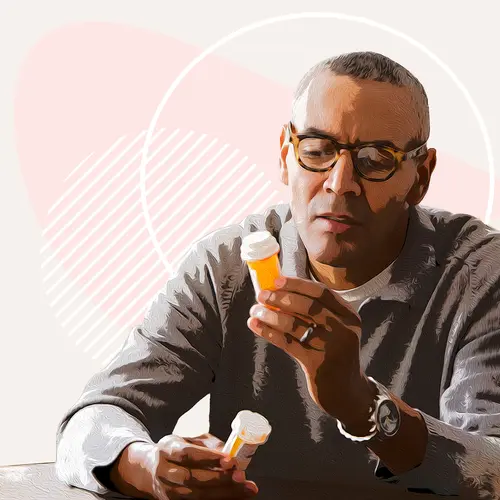When it comes to managing cholesterol in your body, your liver is key. Your liver makes cholesterol and sends it to other parts of your body where you need it. Your liver makes lipoproteins that carry cholesterol and other lipids through the bloodstream.
Your liver is also important for getting rid of cholesterol through a fluid called bile. If high cholesterol runs in your family, it’s likely because your liver isn’t able to keep up with recycling or getting rid of cholesterol the way it should. As a result, cholesterol gets too high.
Dietary Cholesterol and Liver Disease
You’ve probably heard that eating too much cholesterol is bad for your heart. But it may be even worse for your liver.
Cholesterol from food mostly ends up in the liver. If you are getting too much, this can increase your risk for fatty liver disease. High cholesterol also can turn fatty liver disease (steatosis) into a more serious and sometimes fatal condition known as nonalcoholic steatohepatitis (NASH).
When fatty liver disease turns into NASH, it can lead to other liver problems including:
- Liver inflammation
- Scarring (cirrhosis)
- Liver failure
- Liver cancer
Changes in lipids including cholesterol also may play a role in other chronic liver diseases, including:
- Alcoholic liver disease
- Hepatitis C
- Hepatitis B
- Cholestatic liver disease
- Cirrhosis
Managing Cholesterol to Protect Your Liver
If you have high cholesterol and concerns about your liver, there’s a lot you can do to reduce your risks and protect your liver. These steps include:
- Getting regular aerobic exercise
- Eating less saturated or trans fat
- Eating more fiber
- Eating fewer carbohydrates
- Maintaining a healthy weight
Studies have shown that a Mediterranean diet is good for your liver. A Mediterranean diet includes lower amounts of red meat and dairy and is rich in:
- Vegetables
- Fruits
- Whole grains
- Beans
- Nuts and seeds
- Olive oil
If you have liver disease and diet and exercise aren’t enough to lower your cholesterol, your doctor may suggest you take a cholesterol-lowering medicine. Doctors most often prescribe statins for this.
If you have high cholesterol and think your liver may be at risk, talk to your doctor about steps you can take to lower your risks.
